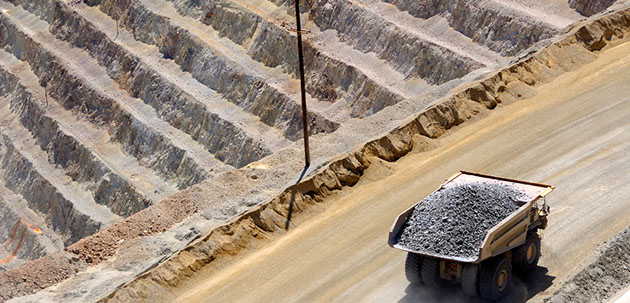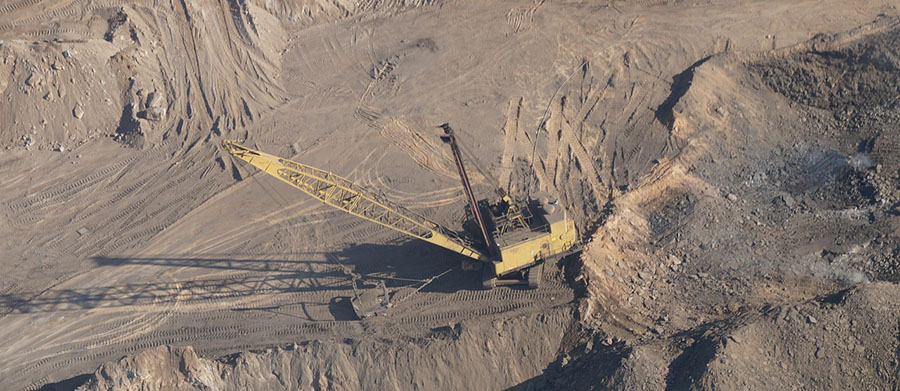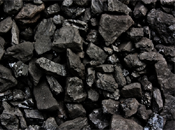
Although there have been calls to ban coal as a source of energy because of the amount of pollutants released by power plants that are harmful to people living nearby—as well as being a major source of anthropogenic climate change—the world's largest emerging economies have no plans to phase out this fuel as energy needs continue to grow. Instead of phasing out the use of coal, analysts see the trend leaning more towards the development of "clean" coal technologies.
"With all the concerns about climate change, pollution, etc., the logical conclusion is that "clean" coal carbon capture and storage technologies will be the technologies of the future because they allow coal to be reconciled with the environment," said Emmanuel Fages, Head of CO2, Gas, Coal and Power Research for Orbeo, an international emission-trading company.
Historically, the focus on clean coal technologies was more on the atmospheric aspect, removing sulfur dioxide and particulates that caused acid rain. Now, attention has shifted to also include carbon dioxide, a leading cause for anthropogenic climate change. The latest terminology for "clean" coal technology is generally dubbed Carbon Capture and Sequestration (CCS).
The most obvious countries who rely on thermal coal are the emerging giants—India and China—and Fages says that these nations have shown no desire to replace their dependency on fossil fuels as a power source with large-scale renewables or nuclear energy.
"Most of the increase in energy needs will be in emerging countries, especially in China and India. It's cheap and there are a lot of advantages in terms of security of supply," said Fages.
In 2006, California enacted Senate Bill 1368, the so-called "Schwarzenegger-clause," named after the then governor, which imposes carbon emission standards on new coal-fired power plants, effectively banning plants built without CCS technology.

























































